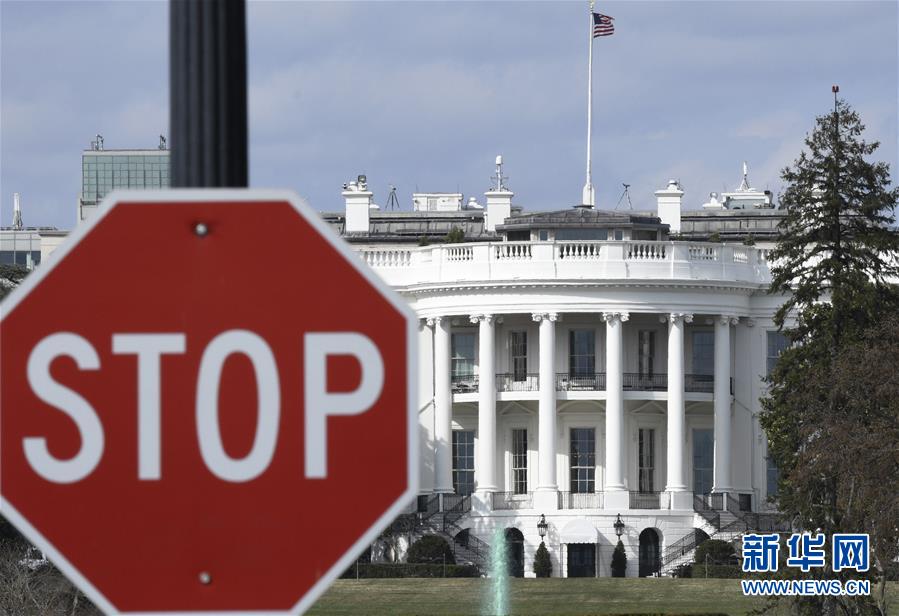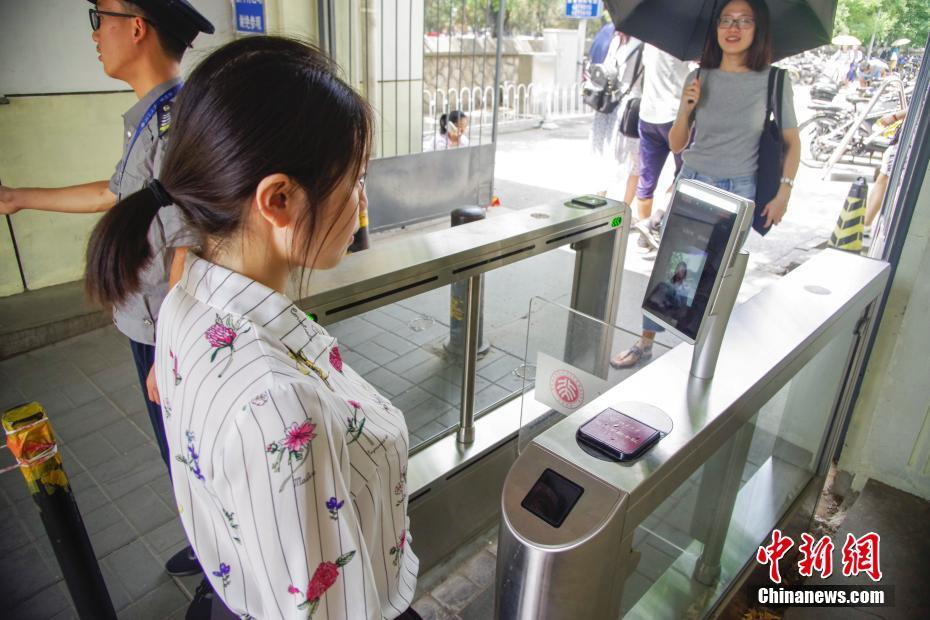OpenAI CEO Sam Altman has been very loud about the need for AI regulation during numerous interviews,Watch Honest Thief Online events, and even while sitting before U.S. Congress.
However, according to OpenAI documents used for the company's lobbying efforts in the EU, there's a catch: OpenAI wants regulations that heavily favor the company and have worked to weaken proposed AI regulation.
The documents, obtained by Timefrom the European Commission via freedom of information requests, gives a behind-the-scenes peek into what AItman means when he calls for AI regulation.
In the document, titled "OpenAI's White Paper on the European Union's Artificial Intelligence Act," the company focuses on exactly what it says: the EU's AI Act and attempting to change various designations in the law which would weaken the scope of it. For example, "general purpose AI systems" like GPT-3 were classified as "high risk" in the EU's AI Act.
According to the European Commission, "high risk" classification would includesystems that could result in "harm to people’s health, safety, fundamental rights or the environment." They include examples such as AI that "influence voters in political campaigns and in recommender systems used by social media platforms." These "high risk" AI systems would be subject to legal requirements regarding human oversight and transparency.
"By itself, GPT-3 is not a high-risk system, but possesses capabilities that can potentially be employed in high risk use cases," reads the OpenAI white paper. OpenAI also argued against classifying generative AI like the popular ChatGPT and the AI art generator Dall-E as “high risk.”
Basically, the position held by OpenAI is that the regulatory focus should be on the companies using language models, such as the apps that utilize OpenAI's API, not the companies training and providing the models.
According to Time, OpenAI basically backed positions held by Microsoft and Google when those companies lobbied to weaken the EU's AI Act regulations.
The section that OpenAI lobbied against ended up being removed from the final version of the AI Act.
OpenAI's successful lobbying efforts likely explain Altman's change of heart when it comes to OpenAI's operations in Europe. Altman previously threatenedto pull OpenAI out of the EU over the AI Act. Last month, however, he reversed course. Altman saidat the time that the previous draft of the AI Act "over-regulated but we have heard it's going to get pulled back."
Now that certain parts of the EU's AI Act have been "pulled back," OpenAI has no plans to leave.
Topics Artificial Intelligence Politics ChatGPT OpenAI
(Editor: {typename type="name"/})
 Norrie vs. Diallo 2025 livestream: Watch Madrid Open for free
Norrie vs. Diallo 2025 livestream: Watch Madrid Open for free
 Large chunk of beach gets eaten up by the ocean in 'nearshore landslip' event
Large chunk of beach gets eaten up by the ocean in 'nearshore landslip' event
 Watch a mob of golf spectators swarm Tiger Woods as he clinches first win in five years
Watch a mob of golf spectators swarm Tiger Woods as he clinches first win in five years
 Twitter launches voter registration campaign #BeAVoter
Twitter launches voter registration campaign #BeAVoter
 NYT Connections Sports Edition hints and answers for April 17: Tips to solve Connections #206
NYT Connections Sports Edition hints and answers for April 17: Tips to solve Connections #206
Reality Distortion Field: 10 Things Apple Won't Directly Say But We'll Infer About the iPhone X
Fisherman captures footage of epic battle between hammerhead and tiger shark
 Despite what totally realistic movies like Sharknadoand The Shallows(or the original Jaws) tell you,
...[Details]
Despite what totally realistic movies like Sharknadoand The Shallows(or the original Jaws) tell you,
...[Details]
Cory Booker answers Donald Trump's hateful tweet with love
 Cory Booker is living proof that love trumps hate.The New Jersey state senator delivered one of the
...[Details]
Cory Booker is living proof that love trumps hate.The New Jersey state senator delivered one of the
...[Details]
Period apps will teach you more about your flow than sex ed
 The internet has changed how kids learn about sex, but sex ed in the classroom still sucks. In Sex E
...[Details]
The internet has changed how kids learn about sex, but sex ed in the classroom still sucks. In Sex E
...[Details]
Best rope light deal: Save 25% on Lepro N1 AI Smart RGB LED Strip Lights
 SAVE $14.99: As of April 15, Lepro N1 AI Smart RGB Rope Lights are available for $44.99 at Amazon. T
...[Details]
SAVE $14.99: As of April 15, Lepro N1 AI Smart RGB Rope Lights are available for $44.99 at Amazon. T
...[Details]
UK newsapper industry wants Google and Facebook to pay journalism tax
 Google, Facebook and other sites that host news content on their platforms should pay an annual tax
...[Details]
Google, Facebook and other sites that host news content on their platforms should pay an annual tax
...[Details]
Watch Demi Lovato get real about mental illness at the DNC
 Demi Lovato, who has been a vocal supporter of Hillary Clinton and an advocate for mental illness, o
...[Details]
Demi Lovato, who has been a vocal supporter of Hillary Clinton and an advocate for mental illness, o
...[Details]
Miley Cyrus possibly Instagrammed evidence that she married Liam Hemsworth
 Miley Cyrus and Liam Hemsworth met on the set of a Nicholas Sparks movie, and since then, their love
...[Details]
Miley Cyrus and Liam Hemsworth met on the set of a Nicholas Sparks movie, and since then, their love
...[Details]
Analyzing Graphics Card Pricing: May 2018
Disney fixes princess in 'Wreck
 UPDATE: Sept. 24, 2018, 5:55 p.m. PDT Anika Noni Rose, who voices the character Tiana, weighed in wi
...[Details]
UPDATE: Sept. 24, 2018, 5:55 p.m. PDT Anika Noni Rose, who voices the character Tiana, weighed in wi
...[Details]
Seven Steam games whose reviews have changed a lot
This naked dating show has sent British people into a meltdown

接受PR>=1、BR>=1,流量相当,内容相关类链接。